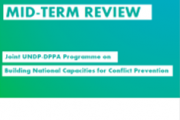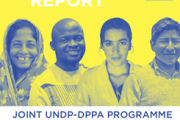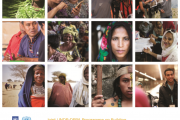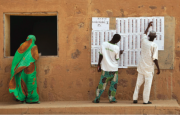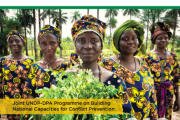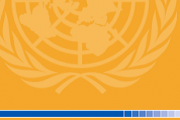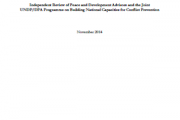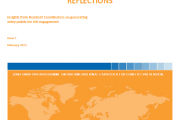Peace and Development Advisors
The work of Peace and Development Advisors (PDAs) represents an innovative approach to conflict prevention. PDAs play a unique role in guiding UN initiatives to support countries in developing their own capacities to prevent conflicts and build sustainable peace based on a profound understanding of the country dynamics.
Who are the PDAs?
The ever-changing nature of conflicts and complexity of issues affecting crisis settings mean that effective practitioners of conflict resolution need to be able to use the multi-dimensional palette of peacemaking, peacebuilding and development tools and instruments available in order to affect lasting change. Recognizing this challenge, the United Nations system is strengthening its strategic capacity to better serve its mandates in peacemaking, peacebuilding and development. PDAs are selected for their knowledge and hands-on experience of peacebuilding, conflict resolution, political analysis and dialogue facilitation skills.
PDAs are deployed under the auspices of a partnership between the United Nations Development Programme (UNDP), the UN Department of Political and Peacebuilding Affairs (DPPA) and embedded in UN Country Offices. In their role, PDAs wear two different "hats" employing two separate but complementary roles. They offer timely conflict and political analysis to UN Resident Coordinators, UN Country Teams and UN Headquarters, informing a conflict-sensitive response by the UN. They also offer strategic guidance to the implementation of conflict prevention and peacebuilding initiatives to national counterparts. There are currently 56 PDAs positions across the world, with demand having grown considerably in the past several years.
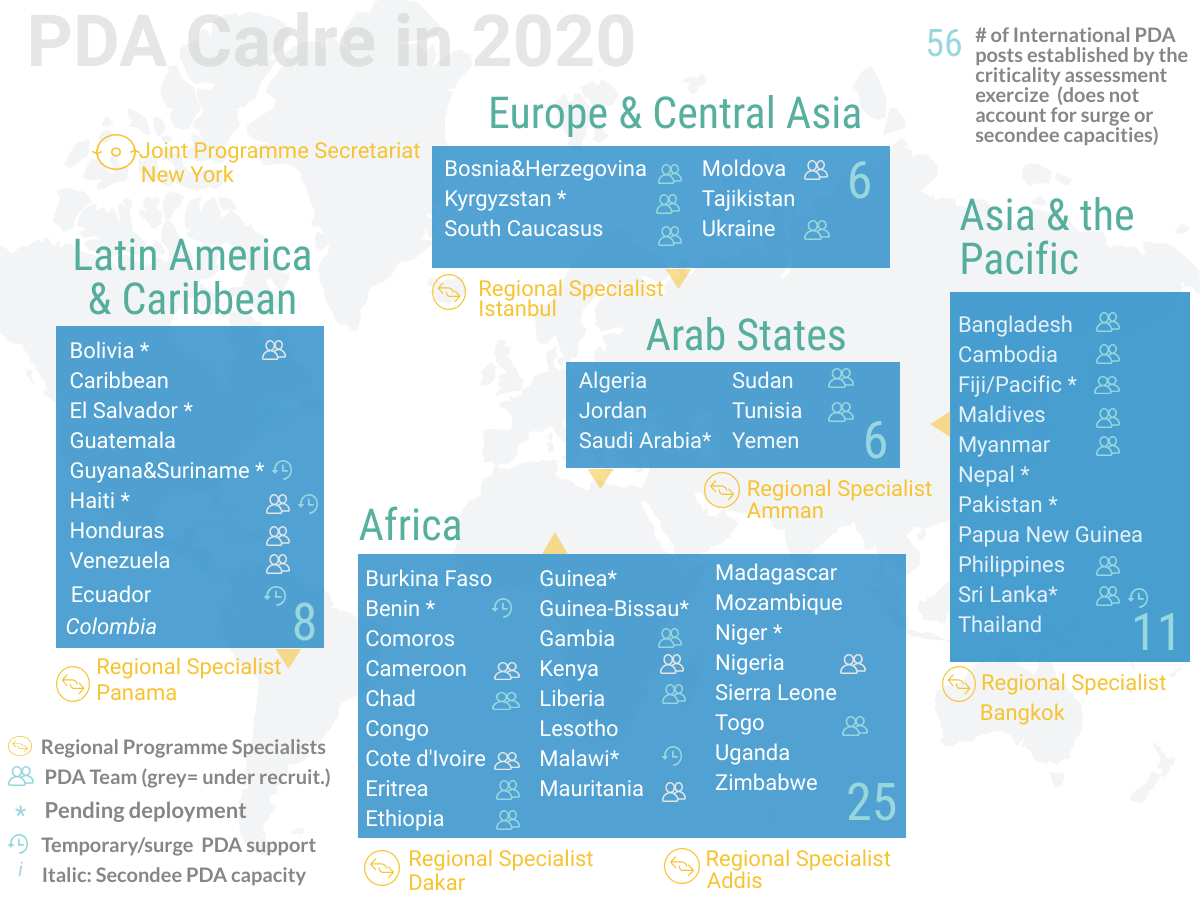
Types of support provided by PDAs
Over the years, the Joint Programme has deployed PDAs in over 70 countries in all regions of the world. PDAs have accompanied and facilitated community consultations, political dialogues, national dialogues, coached insider mediators in their design of infrastructures for peace, built the capacity of national institutions in early warning mechanisms, brought conflict sensitive approaches to international community responses to crises, assisted the UN and its partners in the process to frame a response strategy to a crisis, etc. In this sense, PDAs help national actors lay the foundations for building peace, and can contribute significantly to developing effective infrastructures for peace in a particular country.

